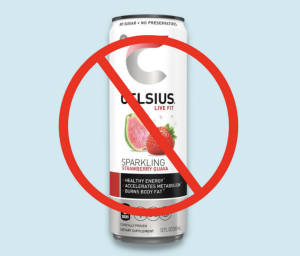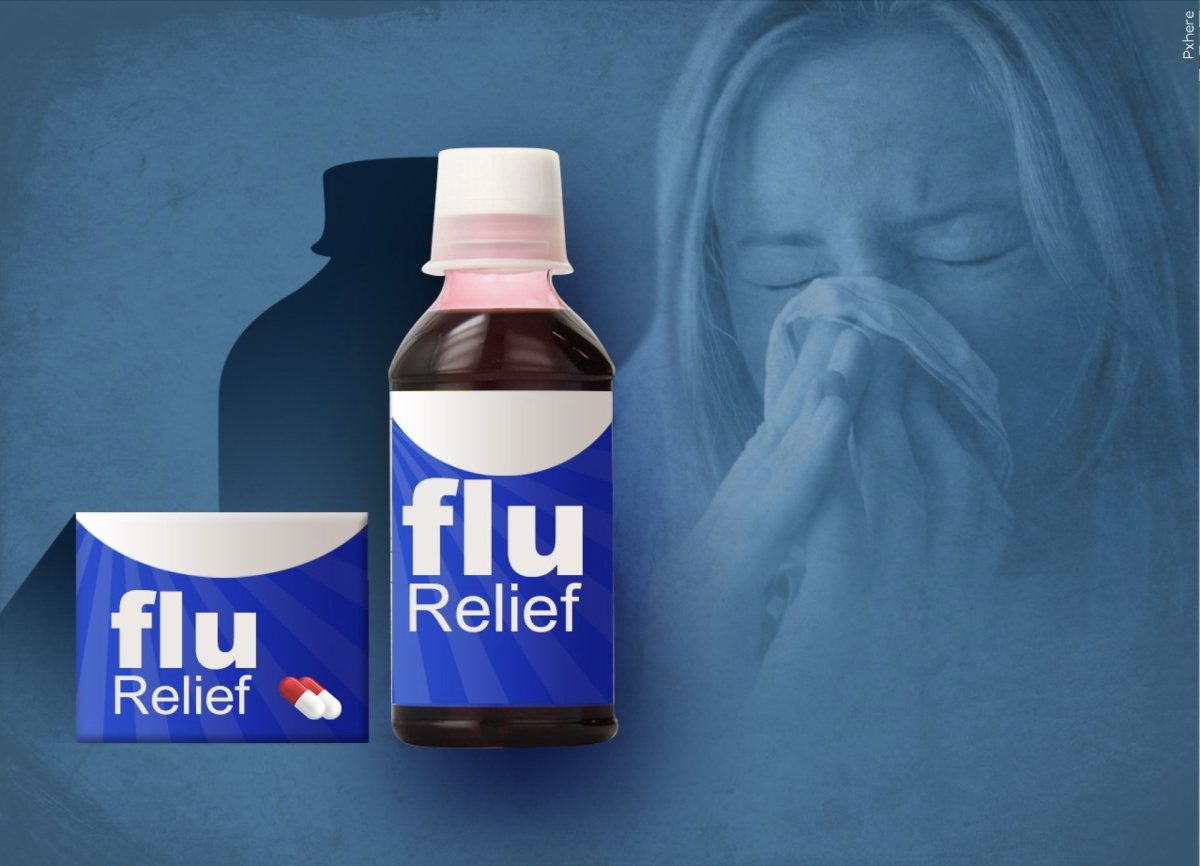On Tuesday, Sept. 19, the Food and Drug Administration, or FDA, released the results of an advisory panel that found phenylephrine to be ineffective as a decongestant. The ingredient is not dangerous but is used as an active ingredient in versions of notable over-the-counter, or OTC, cold medicines, such as Tylenol, Mucinex, Benadryl, Sudafed and NyQuil. The panel concluded that phenylephrine is only effective as a decongestant when spritzed into the nasal passages and does not work when administered orally.
Phenylephrine was patented in 1927 and established into medical use in 1938, according to Google Patents. This allowed it to be used without being proven effective since it predated legislation requiring those tests. The problem with this is that phenylephrine was produced and patented as only a nasal decongestant. It is still used, and effectively, in products such as Afrin nasal drops and Neo-Synephrine nasal jelly. It was never meant to be utilized in decongestant tablets or pills, but the drug has been in production and used for almost 100 years.
“I think they should take it out of the pills since it isn’t doing anything,” said junior Tyler Baker, a nursing major. “It’s odd that the FDA hasn’t already discovered it being ineffective and made companies change their ingredients.”
Now that the advisory panel found the drug to be an ineffective ingredient, the FDA has officially agreed that phenylephrine will go through the administrative process to be removed from the monograph of OTC drugs and, eventually, could be pulled from the market. These monographs are used by companies as an outline of which ingredients are safe to use in their products. Having phenylephrine removed from the monograph will make it ineligible as an ingredient in OTC medications.
Sophomore Sairsha Connor, a mass communication major, says Advil Cold and Sinus has helped her and her friends get over the flu.
“Me and all my roommates have been using Advil Cold and Sinus, and it’s been helping so much,” Connor said. “It’s only been a few days, but I’m already feeling better.”
Advil Cold and Sinus does not use phenylephrine as its active ingredient. Rather, it uses pseudoephedrine as well as ibuprofen. Other products, such as Benadryl Allergy Relief, Benylin Day & Night, and Boots Chesty Cough & Congestion Relief also have pseudoephedrine as their active ingredient.
“I think it surprises me because you’re taught to just put your faith in the medicine you’re being given,” Connor said. “To learn that a lot of the major medicines are ineffective is disheartening.”
This is a surprise shared by students studying to be in the medical field as well.
“I never thought about what was really inside the medicine I took,” said junior Simon Turner, a nursing major. “I just assumed we were recommending and prescribing stuff that worked.”
As of now, no recall has been placed on products with phenylephrine as the active ingredient, and the drug is still being sold in stores. GC students and faculty should check their medications both at home and as they buy more, ensuring the drugs they are using work.












